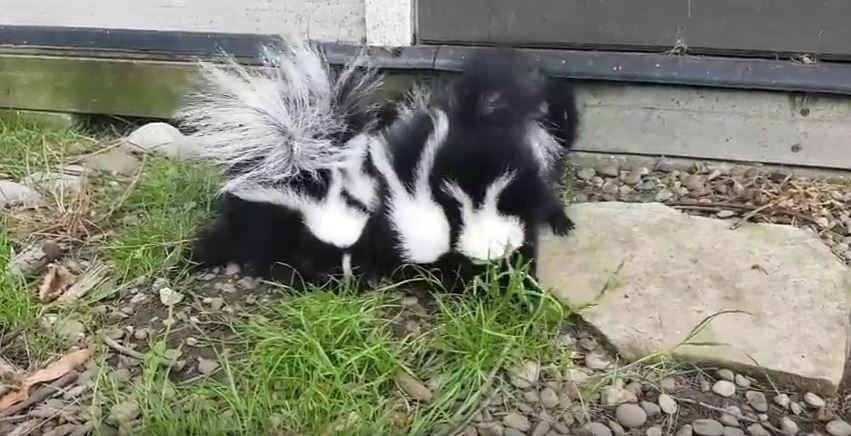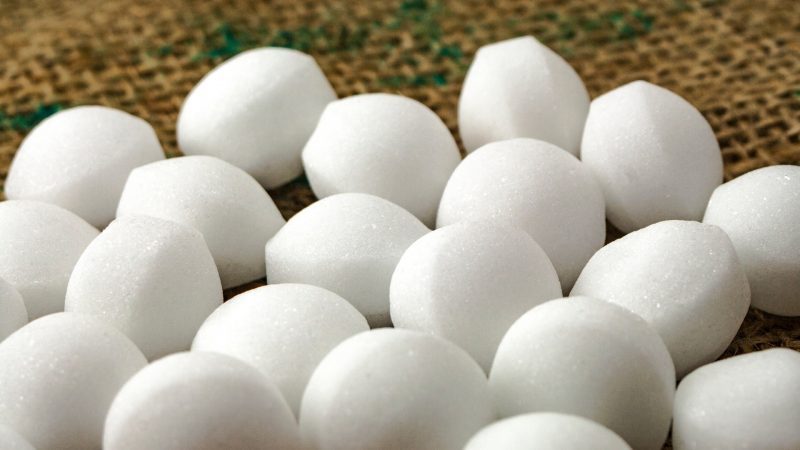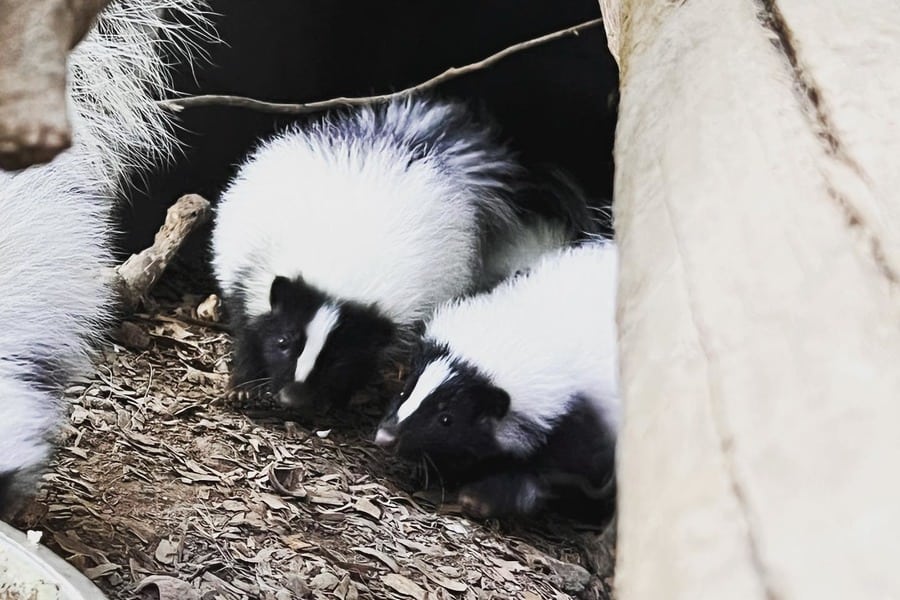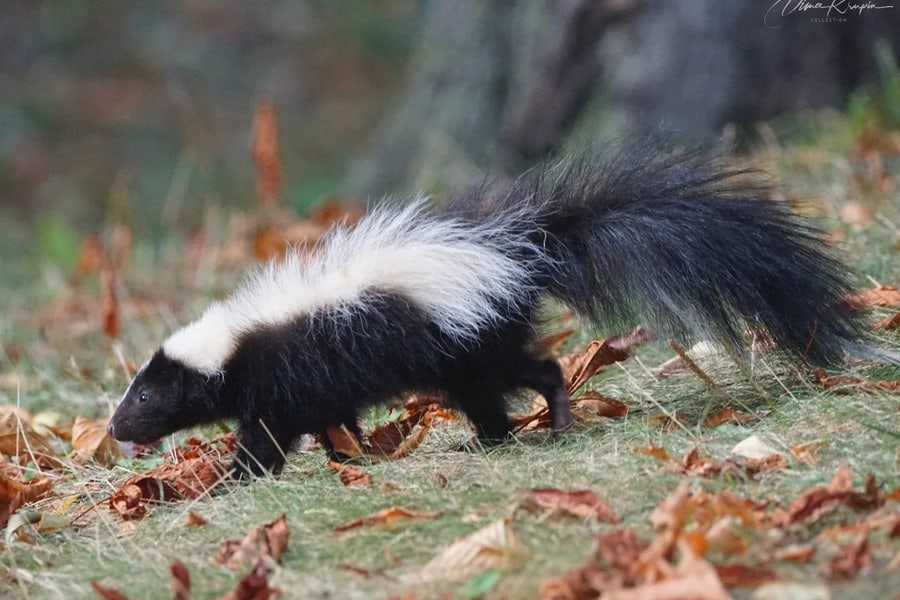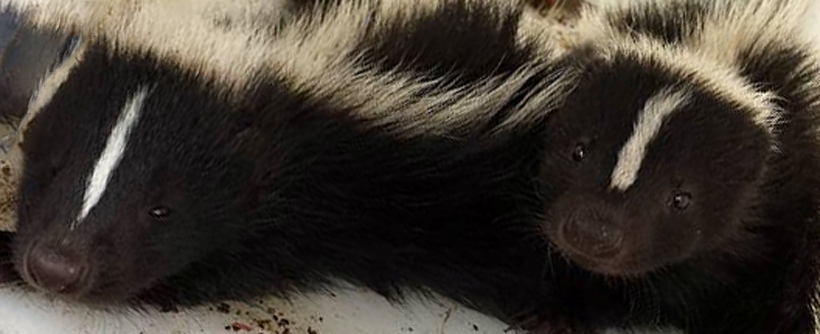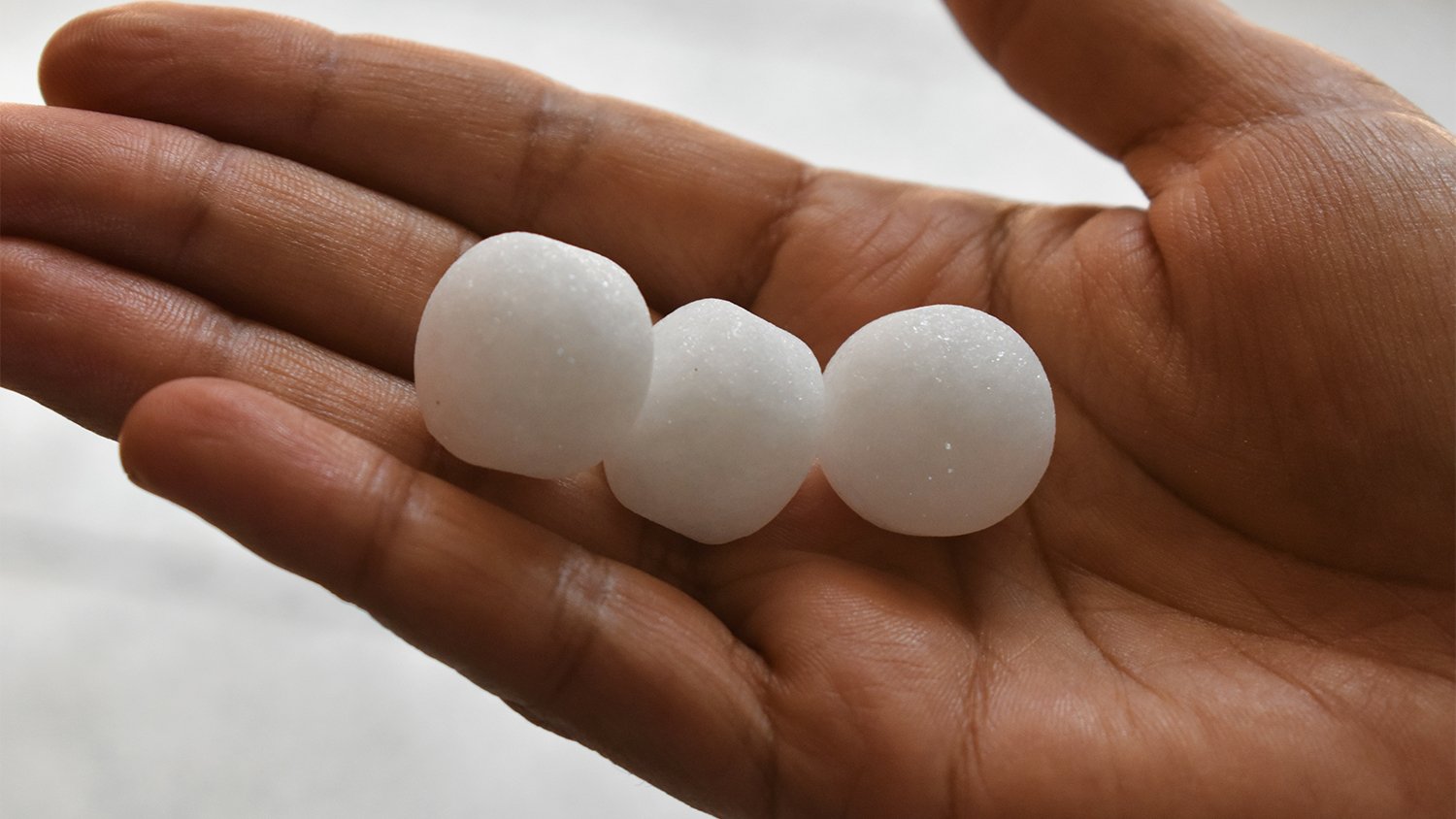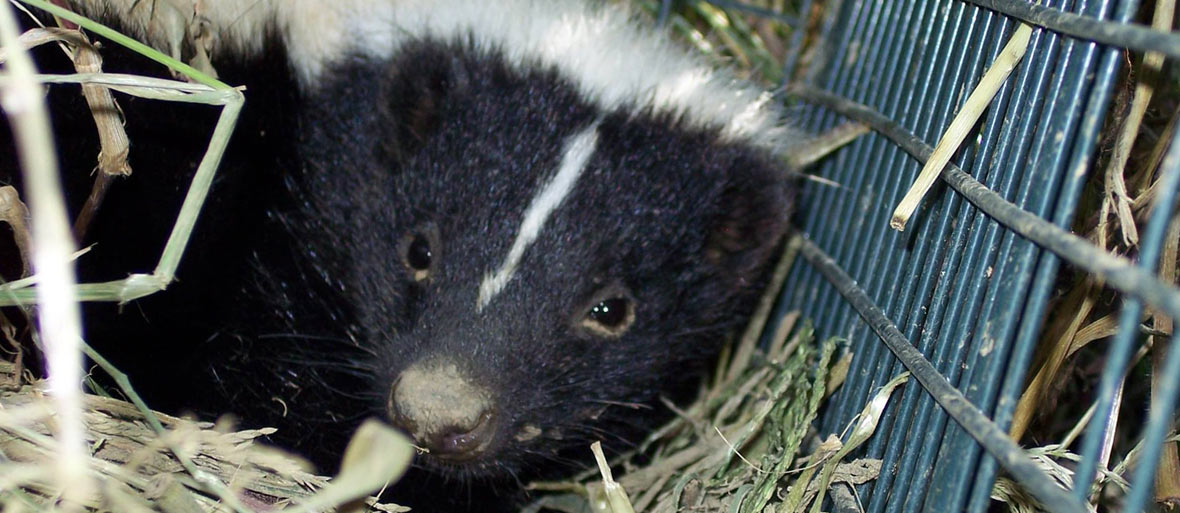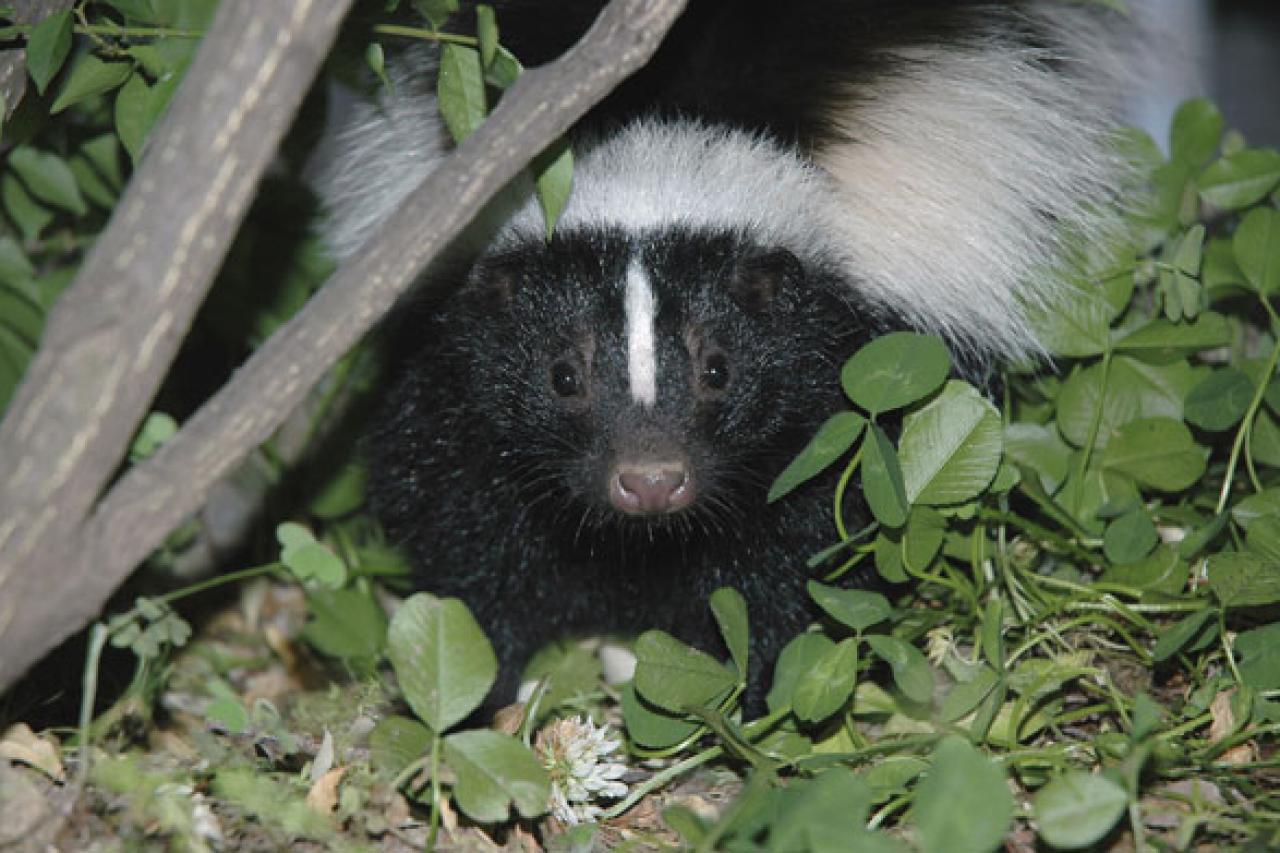Do Mothballs Get Rid Of Skunks
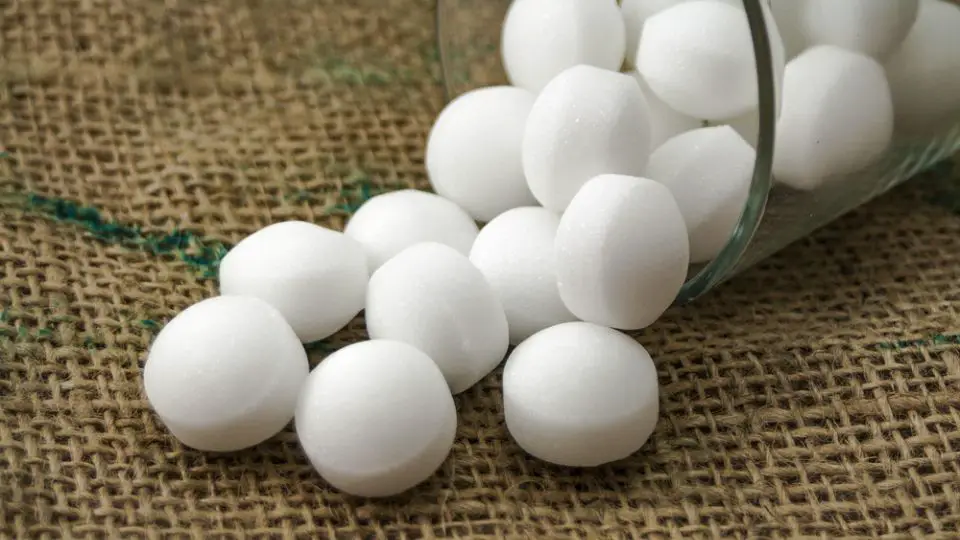
Skunks! The bane of many homeowners' existence. You've probably tried everything to keep them out of your yard, under your porch, or even worse, nesting near your HVAC unit. And you might be wondering, like many others, if mothballs are the answer. The short answer? It's complicated. While mothballs might seem like a quick and easy solution, their effectiveness is questionable, and their use comes with significant risks. Let's dive into why and what you should consider instead, especially as it relates to your home's comfort system.
The Problem with Pungent Solutions: Mothballs and Their Limitations
Mothballs work by slowly releasing insecticide vapors, usually naphthalene or paradichlorobenzene. These chemicals are designed to kill moths and other insects, but their effectiveness against larger animals like skunks is debated. Some people swear by them, claiming they repel skunks, while others report no change whatsoever. Here's a closer look at why mothballs aren't the ideal skunk deterrent:
- Limited Efficacy: Skunks are adaptable creatures. They might initially be deterred by the strong odor, but they can quickly become accustomed to it, especially if they've already established a den.
- Environmental Concerns: Mothballs are toxic! The chemicals they release can contaminate soil and water, posing a risk to pets, children, and other wildlife. Exposure can lead to nausea, vomiting, headaches, and even liver and kidney damage.
- Legal Restrictions: In some areas, using mothballs outdoors is illegal or restricted. Always check local regulations before using them. Misuse can result in hefty fines.
- HVAC Implications: This is where it gets tricky for your HVAC system. The fumes from mothballs can be drawn into your home through your HVAC system, contaminating the air you breathe. This is particularly concerning if your system has intake vents near the ground or close to where you've placed the mothballs.
Bottom line: While the idea of tossing some mothballs might seem appealing, the risks and limitations outweigh the potential benefits. More humane and effective solutions are available.
Skunks Near Your HVAC: A Potential Problem for Air Quality
Having a skunk den near your HVAC system isn't just a nuisance; it can directly impact your indoor air quality. Here's why:
- Odor Intrusion: Skunk spray is potent and pervasive. Even a small amount can contaminate your HVAC system and spread throughout your home. Imagine that smell circulating through your vents!
- Contamination: Skunk feces and urine can harbor bacteria and parasites. These contaminants can be drawn into your HVAC system and distributed throughout your home, posing a health risk.
- HVAC Damage: Skunks may damage ductwork, wiring, or other components of your HVAC system while attempting to nest.
- Increased Allergic Reactions: Skunk dander and other allergens can exacerbate allergies and respiratory problems.
If you suspect skunks are nesting near your HVAC unit, it's crucial to address the problem promptly to protect your health and your home's air quality.
Effective and Safe Alternatives to Mothballs: Skunk Eviction Strategies
So, if mothballs are a no-go, what are your options for getting rid of skunks safely and effectively? Here's a breakdown of proven methods:
1. Prevention is Key: Eliminating Attractants
The best way to deal with skunks is to prevent them from becoming a problem in the first place. Here's how:
- Secure Garbage Cans: Use tightly sealed garbage cans and keep them in a shed or garage whenever possible.
- Remove Food Sources: Pick up fallen fruit from trees, clean up bird feeders, and don't leave pet food outside overnight.
- Seal Entry Points: Inspect your foundation, porch, and deck for any holes or cracks and seal them with wire mesh or concrete.
- Trim Bushes and Shrubs: Overgrown vegetation provides ideal hiding places for skunks. Keep your landscaping well-maintained.
- Motion-Activated Sprinklers: These can startle skunks and discourage them from entering your yard. Position them strategically to cover likely entry points.
2. Gentle Eviction: Humane Removal Techniques
If skunks have already taken up residence on your property, try these humane eviction methods:
- Noise and Light: Skunks prefer dark, quiet places. Place a bright light and a running radio near their den. This will make the area less appealing and encourage them to move on.
- One-Way Doors: Install a one-way door over the entrance to their den. This will allow them to leave but prevent them from returning. Make sure any baby skunks have left the den first.
- Citrus Peels: Skunks dislike the smell of citrus. Scatter orange or lemon peels around their den.
- Ammonia-Soaked Rags: Place ammonia-soaked rags near the den entrance. The strong smell will irritate them and encourage them to leave.
3. Professional Wildlife Removal: When to Call the Experts
If you're uncomfortable handling skunks yourself or if the problem is severe, it's best to call a professional wildlife removal service. They have the expertise and equipment to safely and humanely remove skunks from your property. Consider this if:
- You suspect there are baby skunks in the den.
- The skunks are aggressive or pose a threat to pets or people.
- You're unable to identify the entry point to their den.
- You're uncomfortable using traps or other removal methods.
Addressing the Aftermath: Cleaning and Sanitizing Your HVAC System
Once you've successfully evicted the skunks, it's crucial to clean and sanitize your HVAC system to remove any lingering odors or contaminants. This may require professional help, especially if the infestation was severe. Here are some steps to take:
- Inspect Ductwork: Check your ductwork for any signs of damage or contamination. Look for droppings, urine stains, or strong odors.
- Clean or Replace Air Filters: Replace your air filters immediately to remove any skunk dander or other allergens. Consider using a high-efficiency particulate air (HEPA) filter for improved air quality.
- Disinfect Affected Areas: Use a disinfectant cleaner to clean any areas that may have been contaminated by skunk spray or droppings.
- Professional Duct Cleaning: Consider hiring a professional duct cleaning service to thoroughly clean and sanitize your ductwork. This is especially important if you suspect significant contamination. They have specialized equipment and cleaning solutions to remove odors and contaminants effectively.
- Ozone Treatment: In severe cases, an ozone treatment may be necessary to neutralize lingering odors. This should be performed by a qualified professional.
Safety First! Always wear gloves and a mask when cleaning areas that may have been contaminated by skunks. Dispose of contaminated materials properly.
HVAC System Maintenance: Preventing Future Problems
Regular HVAC maintenance can help prevent future problems with skunks and other pests. Here are some tips:
- Seal Air Leaks: Seal any air leaks around your HVAC unit and ductwork to prevent pests from entering.
- Maintain Landscaping: Keep vegetation around your HVAC unit trimmed to reduce hiding places for pests.
- Regular Inspections: Inspect your HVAC system regularly for any signs of pest activity.
- Professional Maintenance: Schedule regular professional HVAC maintenance to ensure your system is running efficiently and to identify any potential problems early on.
Cost Considerations: From DIY to Professional Services
The cost of dealing with skunks and cleaning your HVAC system can vary depending on the severity of the problem and the methods you choose. Here's a general overview:
- DIY Solutions: The cost of DIY solutions like sealing entry points, installing motion-activated sprinklers, or using humane repellents can range from $50 to $200.
- Professional Wildlife Removal: Professional wildlife removal services typically charge between $150 and $500, depending on the complexity of the removal and the number of skunks involved.
- Duct Cleaning: Professional duct cleaning can cost between $300 and $1000, depending on the size of your home and the extent of the cleaning required.
- HVAC Repair: If skunks have damaged your HVAC system, repair costs can range from a few hundred dollars to several thousand dollars, depending on the extent of the damage.
Remember to get quotes from multiple professionals before making a decision. Also, check online reviews and ratings to ensure you're hiring a reputable and qualified service provider.
Final Thoughts: Prioritize Safety and Humane Solutions
Dealing with skunks can be frustrating, but it's important to prioritize safety and humane solutions. While mothballs might seem like a quick fix, they're not the most effective or environmentally friendly option. By taking preventive measures, using humane eviction techniques, and addressing any contamination in your HVAC system, you can keep your home skunk-free and protect your health. And remember, when in doubt, call a professional. They have the expertise and resources to handle the problem safely and effectively, ensuring the comfort and safety of your home.

